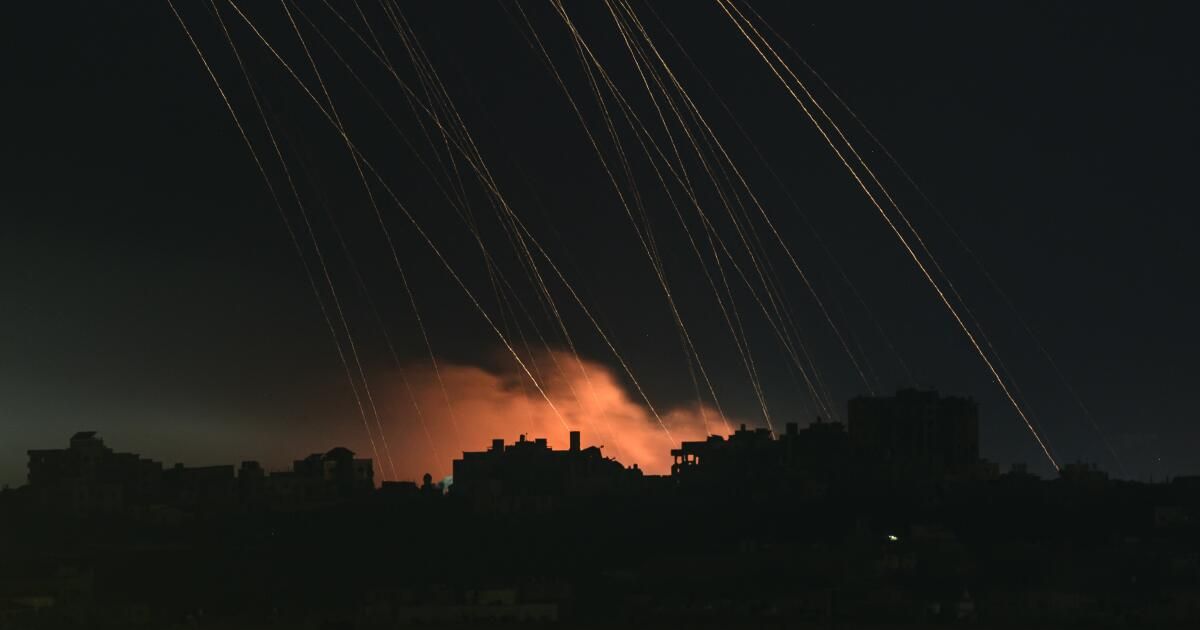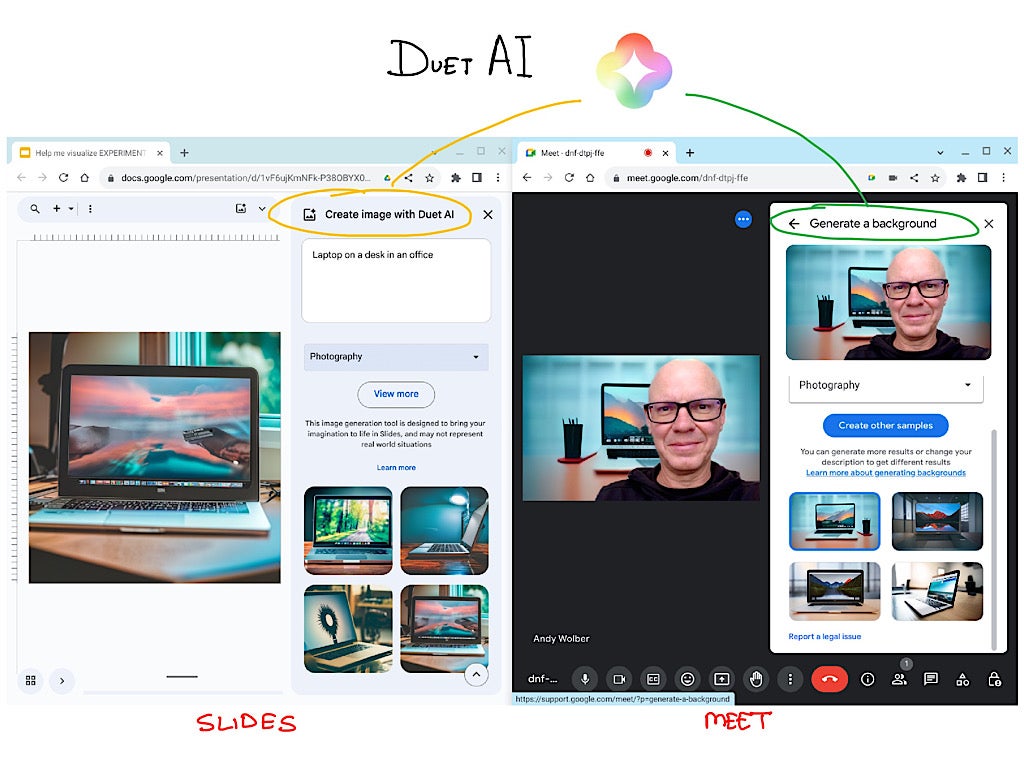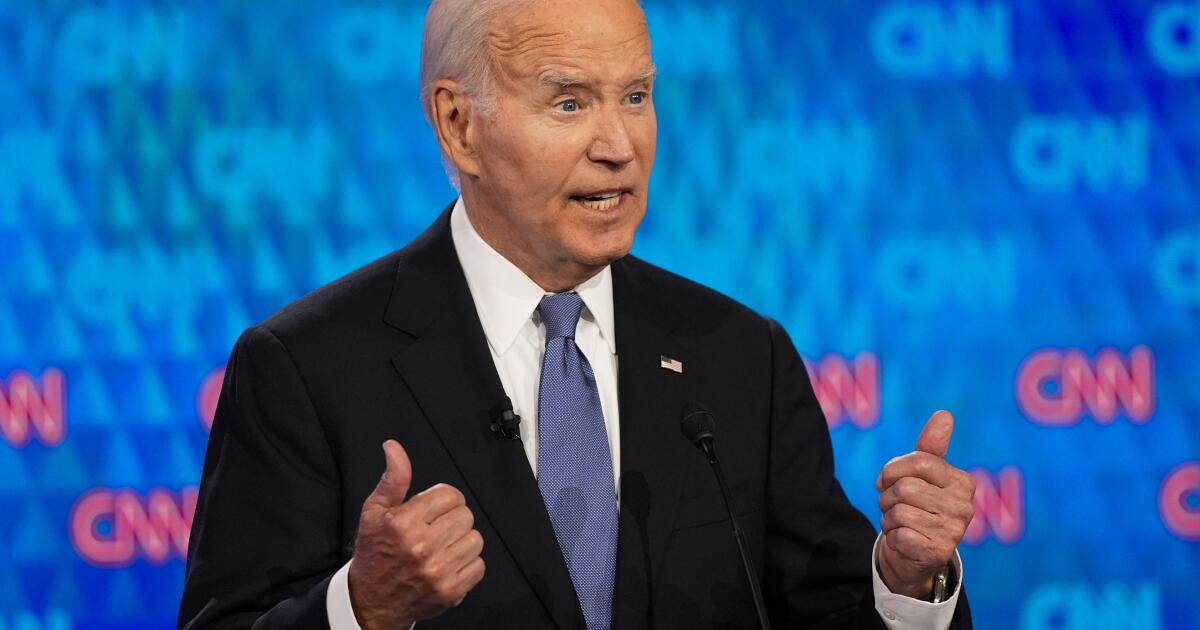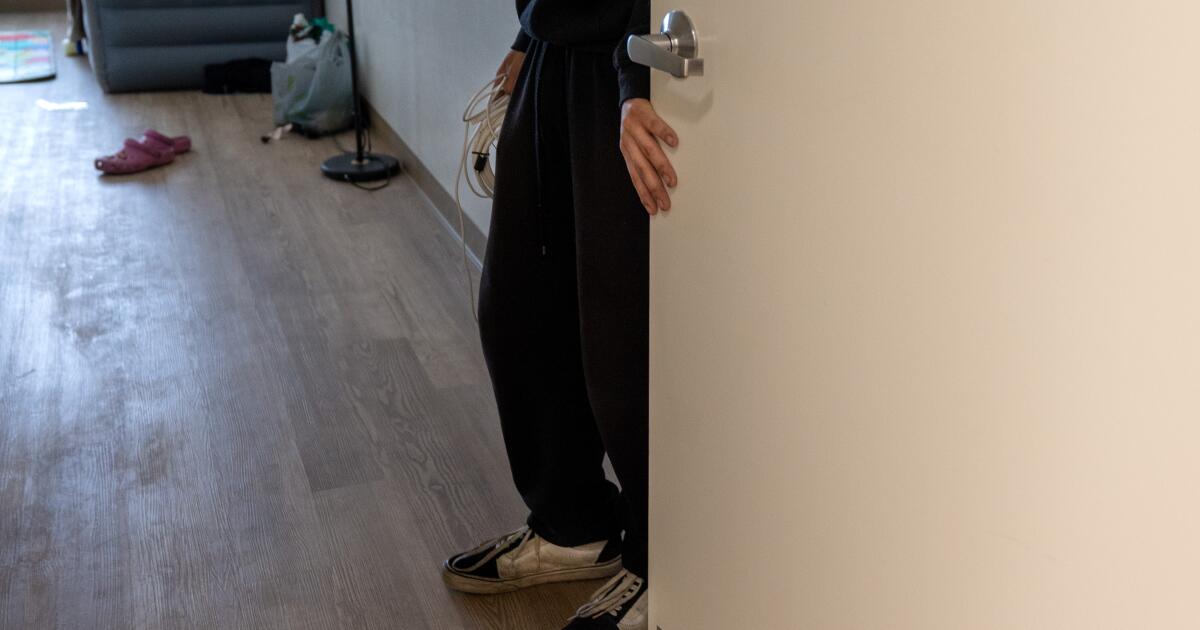In 2015 I directed the American premiere of an Israeli play that addresses Gaza, a play that I could never direct today.
“Ulysses on Bottles” by Gilad Evron centers on Izakov, an Israeli Jewish lawyer who represents two clients: a Palestinian teacher, nicknamed Ulysses, arrested by Israel for trying to reach Gaza on a raft made of plastic bottles in the hope to bring Russian literature to the strip. and an Israeli defense official, Seinfeld, seeking advice on whether the Israeli blockade of Gaza could implicate the country in crimes against humanity.
The world premiere of the work in Israel in 2012 was not easy to achieve. A Jewish actor turned down the lead role for fear of being blacklisted from commercial work. Ultimately, the role fell to a Palestinian citizen of Israel. Still, the production ran for more than 80 performances and won Israel's highest theater award for best original play that year.
When I directed “Ulysses” three years later in Boston, in a translation by Evan Fallenberg, I knew it would shake audiences. I, too, felt challenged by what the play presented: the daily indifference of Israelis to the siege of Gaza, which their government hoped would weaken the Hamas government but which instead became a cruel policy of collective punishment.
My own discomfort is exactly why I wanted to do the play. Theater allows us to confront concrete events in a provocative but ambiguous way. It can make big issues intimate and doesn't force you to make a decision, just watch and fight.
The reaction to Boston's production could be summed up in a comment: Great art but disturbing. Most of the show was sold out, but my theater company, Israel Stage, lost funding and audiences. The head of the Boston Jewish Federation never attended another of our productions, and his organization reduced its sponsorship of our work. The consul general of Israel in Boston summoned me to his office and told me to put on other works instead.
On the morning of the Hamas attack on October 7, feeling helpless and afraid, I reread the work.
Here is an excerpt from the play's most difficult scene, in which Seinfeld confesses to Izakov his deepest fears: that the population in Gaza will increase, disease and misery will multiply, and the blockade will explode in the faces of Israelis. :
Seinfeld: Let's imagine 10 million people who cannot go out, who can barely move, who are infected, starving and scorched. …Fear no longer stops anyone. Live or die, they don't see the difference. And they come and reach us. And then what, lawyer Izakov? I shoot them at the border and shoot them as they continue to advance and rise; They grow in number and I continue shooting. … Thousands? Millions? How many? Even when?
The work seems prophetic today. The fear of death did not stop Hamas from invading Israel, killing 1,200 people and taking more than 200 hostage. Now that nearly 2 million Palestinians are displaced inside Gaza, fleeing Israeli bombing, disease is rampant and famine looms.
And as Seinfeld predicts, we keep shooting. Gaza health officials say more than 24,000 Palestinians have been killed by the Israeli army, 10,000 of whom are children. Who knows how many more will die. “Thousands? Millions? How many?”
As a director, I want to speak in the way I know best, asking people to come to the theater and see what a play like “Ulysses in the Bottles” has to say. But where could it be celebrated today?
I couldn't wear it in Germany. There he would be attacked as an anti-Semite. A week after the war between Israel and Hamas began, Berlin's main theater, the Maxim Gorky Theater, postponed performances of “The Situation.” a play by Israeli director and playwright Yael Ronen that explores the third generation of Germans, Israelis and Palestinians whose families survived the Holocaust and the Nakba.
He could not show it in theaters in the United States, because he would certainly fear losing the support of the public and Jewish benefactors. And for those who want to hear about Palestinian suffering, what an Israeli playwright has to say about Gaza would never be enough. In November, I asked a producer at a college theater company in Boston if he had read the play. He said the university president had banned productions or statements about Gaza on stage.
And Israel? No Israeli theater would dare to stage this play now. I was texting with someone at the theater that originally produced it and asked if they would put it on now. The conversation ended; there was no answer.
In fact, Gaza disappeared from the Israeli theater a long time ago. “Ulysses in the bottles” was the last big Israeli move that took Gaza into account, and that was 12 years ago. Israeli theater, attended by a staggering 40% of the population, is controlled by the state: many actors come from military companies and all theaters depend on public funding. When theaters criticize Israeli politics or explore taboo topics such as the occupation or the Nakba, the Ministry of Culture can cut or condition their funding.
Over the past two decades of Israel's right-wing leanings, theater professionals have self-censored to survive, a situation that is now worsening. I know an actress who was suspended from teaching at an acting studio because she posted about Palestinian suffering before October 7th. In November, Jerusalem's municipal theater suspended a play by an Afghan-British playwright about his family's exile from Afghanistan because he tweeted about the “Gaza genocide.” “We cannot celebrate the work of this writer,” the theater director said in a press release.
There is a scene in “Ulysses in the bottles” where Izakov tries to convince Ulysses to sign an agreement that he will not sail to Gaza anymore, in exchange for being released from prison:
Izakov: Sign the agreement and that's it! …Enough of wasting your life for something so insubstantial, so completely unfounded. …Stop being a parody, an extinct species that no one cares about or knows anything about. Your anonymity is complete. The theater is empty. There are no protest movements, there is no echo, the square is empty. Go home!
The squares in Israel feel empty. Anti-war protests consist of, at best, a hundred protesters. The theaters are full but with plays that serve as a distraction from the war. There is no place where an Israeli director can put Gaza center stage and ask the audience to accept his inaction in the face of an endless cycle of violence. As things stand, Ulysses cannot even dream of setting sail.
Guy Ben-Aharon is an Israeli-American theater director who divides his time between Boston and Jaffa, Israel. For nine years he ran Boston-based Israel Stage. He is also the founder and CEO of the jar in Boston, an organization that uses the arts to create diverse communities.












